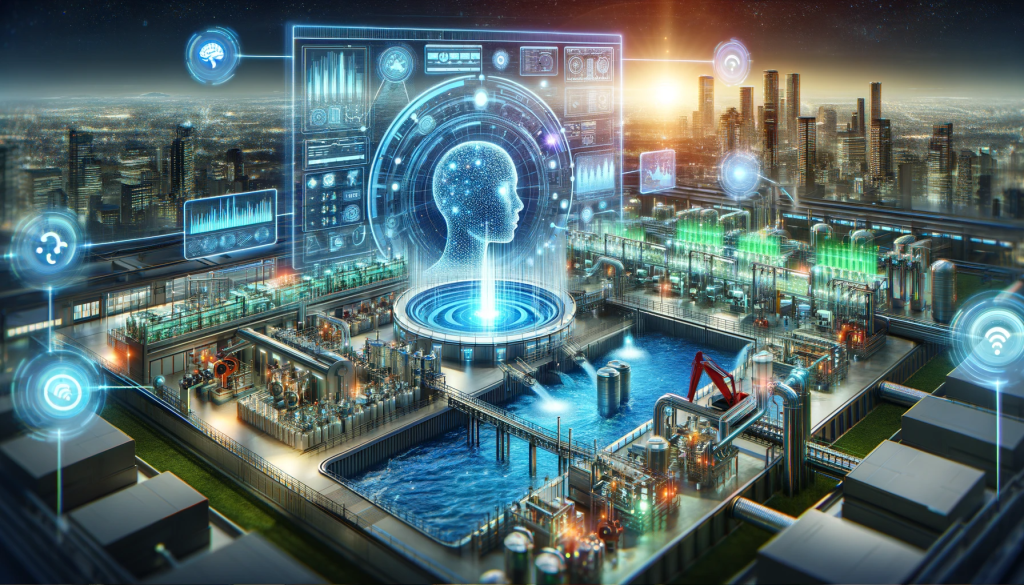Tech Transformations: How AI is Shaping Waste Water Supply Management
In the era of technological advancement, artificial intelligence (AI) is revolutionizing various sectors, including waste water supply management. This article explores the transformative role of AI in enhancing the efficiency, sustainability, and effectiveness of waste water treatment processes, marking a significant leap forward in environmental technology.

The Role of AI in Waste Water Management
AI’s integration into waste water management brings a new level of intelligence and efficiency. By analyzing vast amounts of data, AI systems can optimize treatment processes, predict maintenance needs, and improve overall operational efficiency. This not only enhances the quality of waste water treatment but also reduces costs and environmental impact.
Innovative AI Applications in Waste Water Management
- Predictive Maintenance: AI algorithms can predict equipment failures and maintenance needs, reducing downtime and extending the lifespan of treatment facilities.
- Process Optimization: Through real-time data analysis, AI can optimize various treatment processes, ensuring maximum efficiency and minimal waste.
- Quality Monitoring: AI-powered sensors and systems continuously monitor water quality, ensuring compliance with environmental standards and public health requirements.
- Waste Reduction: AI helps in reducing waste by identifying the most efficient treatment methods and recycling opportunities.
Case Studies: AI in Action
Across the globe, several waste water treatment facilities have implemented AI technologies with remarkable results. These case studies highlight the practical applications of AI in enhancing waste water management, from small-scale plants to city-wide systems.
Challenges and Solutions
While AI offers significant benefits, its implementation in waste water management is not without challenges. These include high initial investment costs, the need for skilled personnel, and data security concerns. Addressing these challenges involves strategic investments, workforce training, and robust cybersecurity measures.
Integrating AI with Other Technologies
The true potential of AI in waste water management is realized when it is integrated with other emerging technologies, such as the Internet of Things (IoT) and blockchain. This integration creates a more interconnected and transparent system, leading to further improvements in efficiency and sustainability.
The Future of AI in Environmental Management
AI’s role in waste water supply management is just the beginning. As AI technology continues to evolve, its applications in environmental management are expected to expand, offering even more innovative solutions for sustainable and efficient resource management.
Conclusion
AI technology is a game-changer in waste water supply management, offering new levels of efficiency, sustainability, and effectiveness. As we continue to embrace these technological advancements, the future of environmental management looks more promising than ever, with AI leading the way in innovation and transformation.